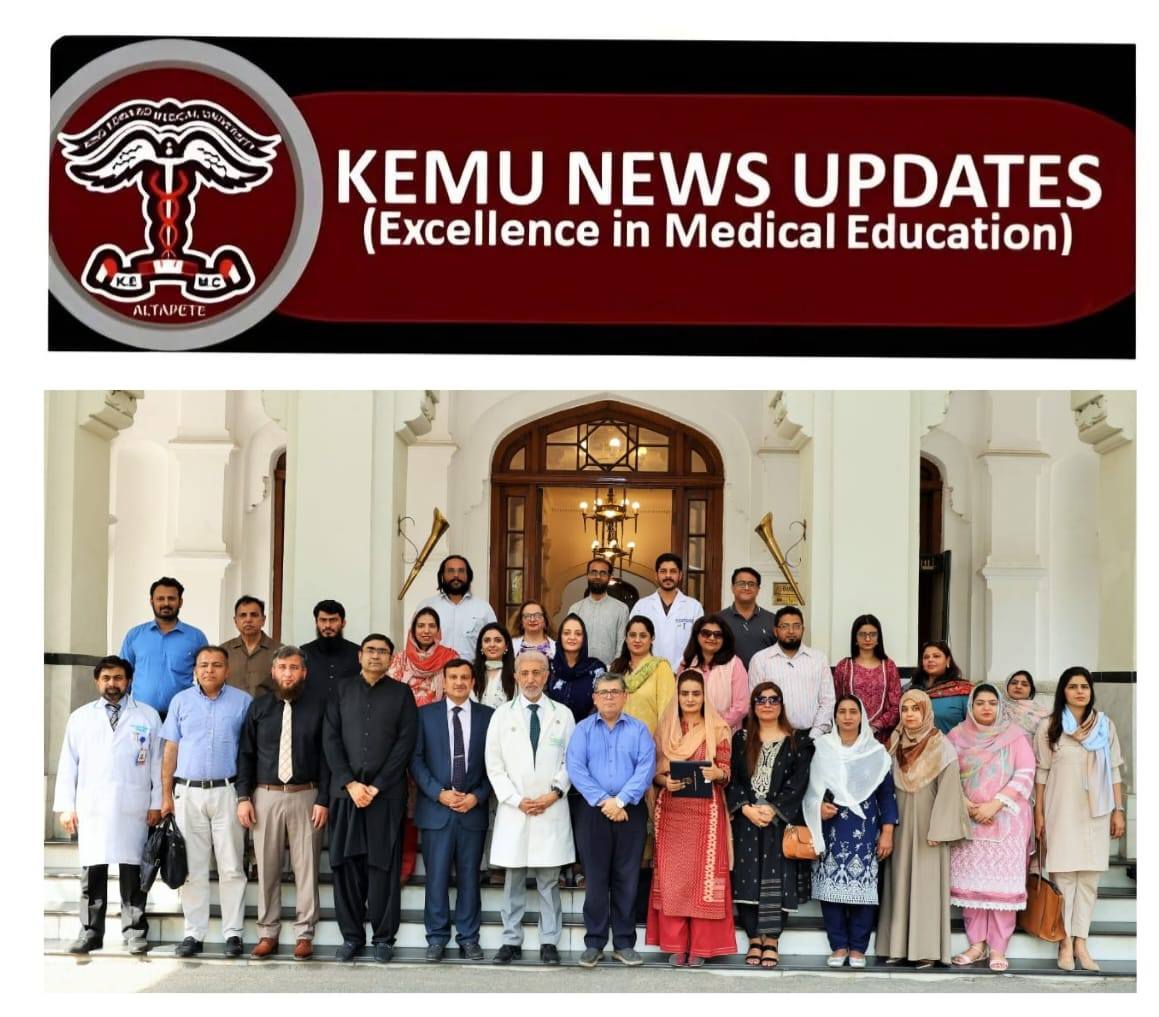
“Faculty Development Programs “Use of Generative Artificial Intelligence in Higher Education
The Punjab Higher Education Commission (PHEC) conducted a two-day workshop titled “Faculty Development Program on the Use of Generative Artificial Intelligence in Higher Education” on the 14th and 15th of May at the School of Artificial Intelligence, 3rd Floor Library, M.A. Jinnah Building, King Edward Medical University (KEMU), Lahore.
The event brought together over 80 consultants, including professors, associate professors, and assistant professors from a wide range of disciplines such as medicine and allied health sciences, surgery and allied specialties, physiotherapy, theoretical physics, and more.
The workshop focused on introducing participants to generative AI technologies and their relevance in academic and clinical settings, with hands-on sessions covering the use of AI software and tools, content creation, research and article writing, as well as image and video generation and editing.
The event was chaired by Vice Chancellor KEMU, Prof. Dr. Mahmood Ayaz along with Registrar KEMU Prof. Asgher Naqi, Prof. Abrar Ali Ashraf, and was meticulously organized by Prof. Dr. Ahmad Uzair Qureshi, Chairman of the Department of Artificial Intelligence, KEMU.
Worthy Vice Chancellor shared his vision on Artificial Intelligence and Machine Learning, calling them key drivers of future innovation. He highlighted AI’s growing role in medical science, especially in diagnostics and personalized treatments.
He also emphasized the rise of robotic surgery, where machines assist doctors for more precise and less invasive operations. From daily life to hospitals, AI is revolutionizing how we live, work, and heal.
The workshop was led by Dr. Muhammad Fayyaz ur Rehman, who served as the speaker and master trainer. Dr. Fayyaz holds a Ph.D. in Biochemistry and Structural Biology from the University of Birmingham, UK, and has extensive experience in computational biology, particularly in the use of convolutional neural networks for protein structure prediction.
He is actively involved in research on infectious disease modeling and AI-based diagnostic tool development. With over 125 published articles and a cumulative impact factor of 350, he has emerged as a prominent figure in AI-based education and research training in Pakistan.
The workshop was well received by participants, offering a highly interactive and intellectually stimulating environment for faculty members to explore the transformative potential of AI in higher education. It marked a significant initiative toward fostering technological literacy and academic innovation across diverse fields within the university ecosystem.
Conclusion:
The PHEC workshop at King Edward Medical University marked a significant step toward integrating generative AI into higher education. By empowering faculty with practical knowledge and tools, it laid the foundation for innovation-driven teaching, research, and clinical practice. The event reinforced the transformative role of AI across disciplines and highlighted the importance of preparing academia for a technology-driven future.
